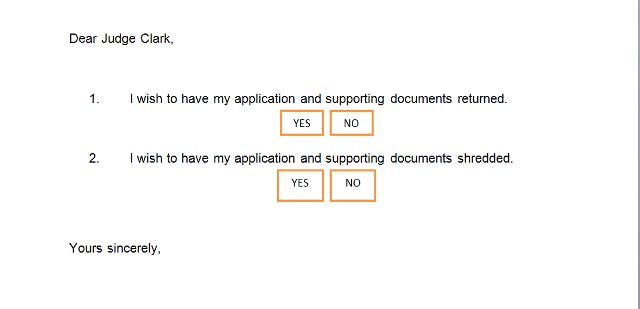A group of Irish women are petitioning against the actions of the Irish Department of Health, which they claim threatened to destroy their medical records without consent or proper warning. The Department of Health has contested that it is acting in line with data protection laws, and that the women were adequately notified that they either need to claim their records or give permission for them to be destroyed.
The Survivors of Symphysiotomy campaign seeks justice for 1,500 women and girls who were subject to symphysiotomy, a controversial procedure whereby the pelvis is effectively broken to make it easier for a baby to be delivered. According to its website, “patient consent was never sought” for symphysiotomies carried out on pregnant Irish women between 1940 and 1990.
Women “were operated upon wide awake and often screaming: those who resisted were physically restrained.” Some had their pubic bones sawed in half. The after-effects of the procedure were chronic pain, incontinence, difficulty walking, extreme mental trauma, and family breakdown.
“I saw him go and take out a proper hacksaw, like a wood saw… a half-circle with a straight blade and a handle. … The blood shot up to the ceiling, up onto his glasses, all over the nurses…”
– testimony from “Cora,” an Irish survivor of symphysiotomy
As the Telegraph reports, symphysiotomy fell out of favor in other European countries as early as the 19th century, yet was carried out in Ireland until 1990. Unlike caesareans, which can only be carried out a limited number of times, symphysiotomies can be performed over and over again. SoS believes that religious opposition to contraception (Ireland is a predominantly Catholic country) caused doctors to persist with it because it did not hamper women’s ability to keep having more children.
Although survivors were able to seek financial compensation via a government payment scheme, this was accompanied by a statement that the state was not liable for damages caused by symphysiotomies, the Irish Examiner reports. Survivors’ medical records—which they had to submit in order to receive compensation—could otherwise form the basis for future legal action. The petition describes them as “an overwhelming body of evidence of human rights abuses.”
The Change.org petition accuses the assessor of the payment scheme, retired Judge Maureen Harding Clark, of threatening to shred any unclaimed medical records. But as the most recent progress report on the payment scheme website states: “It has never been asserted that documents would be shredded after the 20th March 2016. Applicants have been asked to notify the Scheme by the 20th March indicating whether they wished their documents to be returned or confidentially shredded.”
The Irish Department of Health’s press office said the same in an email to the Daily Dot.
SoS Chair Marie O’ Connor strongly contested this in an email to the Daily Dot, saying that not all applicants were written to, and that the letter some of them received “failed to make women aware that these records might be the only copies in existence and that there was no guarantee they could be retrieved.” O’ Connor emailed the Daily Dot a copy of the letter (screenshotted below)—which indeed makes no mention of any deadline and does not warn the recipient that failure to respond will mean their records would be automatically destroyed—and says that “the text of this very brief, two-box ticking letter is unclear and ambiguous.”
Although it is technically true that the payment scheme did not threaten to shred the documents by March 20, a scroll down on its website reveals that it previously did proclaim intent to shred—with an even earlier deadline.
O’ Connor says that the women who were written to received letters dated March 1 or 2, after this original deadline.
The Irish Department of Health wrote in an email to the Daily Dot that unclaimed records have to be destroyed in order to comply with the data protection law. SoS dismissed this: “Data protection consultant Daragh O’Brien of Castlebridge Associates told Deputies [Irish MPs] that data protection did not require destruction,” it wrote via email.
On March 24, SoS lodged a formal request to Ireland’s data protection commissioner to ensure all records are protected.
SoS’s statement also takes issue with the defense that “[t]here has not ever been any intention for the Scheme to destroy original records.” First, not all survivors would necessarily have made or kept copies of the originals before submitting their claims, especially since they were only given a 21-day window to do so. O’Brien added that “[a]pplicants were not made aware that these medical records may be the only copies that are in existence.’”
Furthermore, original records are generally kept by hospitals or their solicitors, and Ireland’s health service executive guidelines permit hospitals to destroy healthcare records older than eight years. Although the HSE states that maternity records must be kept for 25 years after the birth of a child, it is unclear if this covers symphysiotomy, and either way, older survivors of symphysiotomy would still not have their records protected by this.
The petition has no closure date at present. SoS says that if Ireland’s data protection commissioner fails to act upon its request, members will be making a complaint to the EU data protection commissioner.
Photo via Ralf Peter Reimann/Flickr (CC BY SA 2.0)



